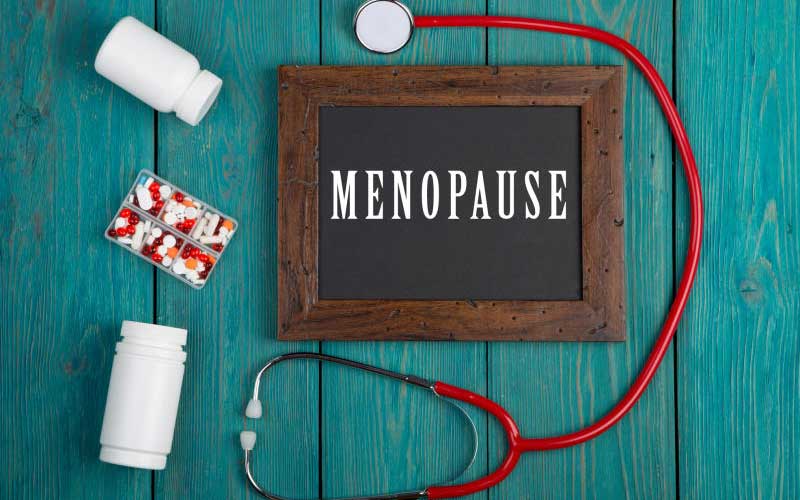×
The Standard e-Paper
Join Thousands Daily

You haven’t had your period for a few months. You have taken several pregnancy tests - all of them came back negative. In addition, you’ve been experiencing hot flashes. When you confided in a friend, she joked that you might be going through menopause. But you’re only 32, so it can’t be menopause, right?